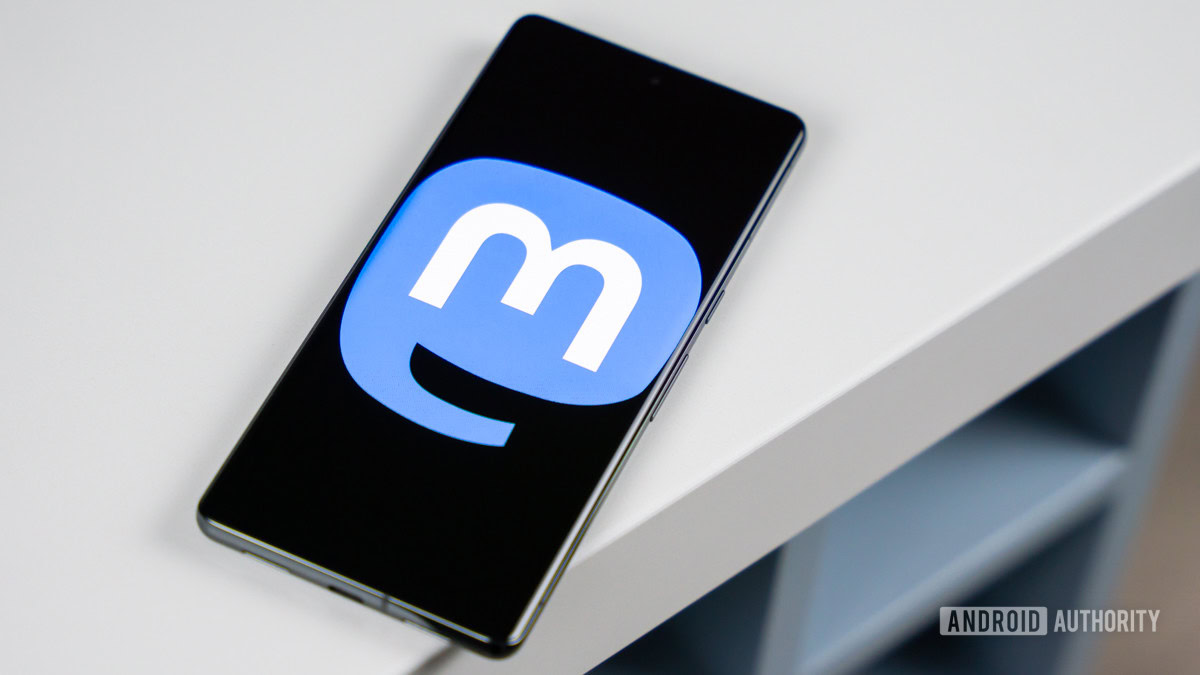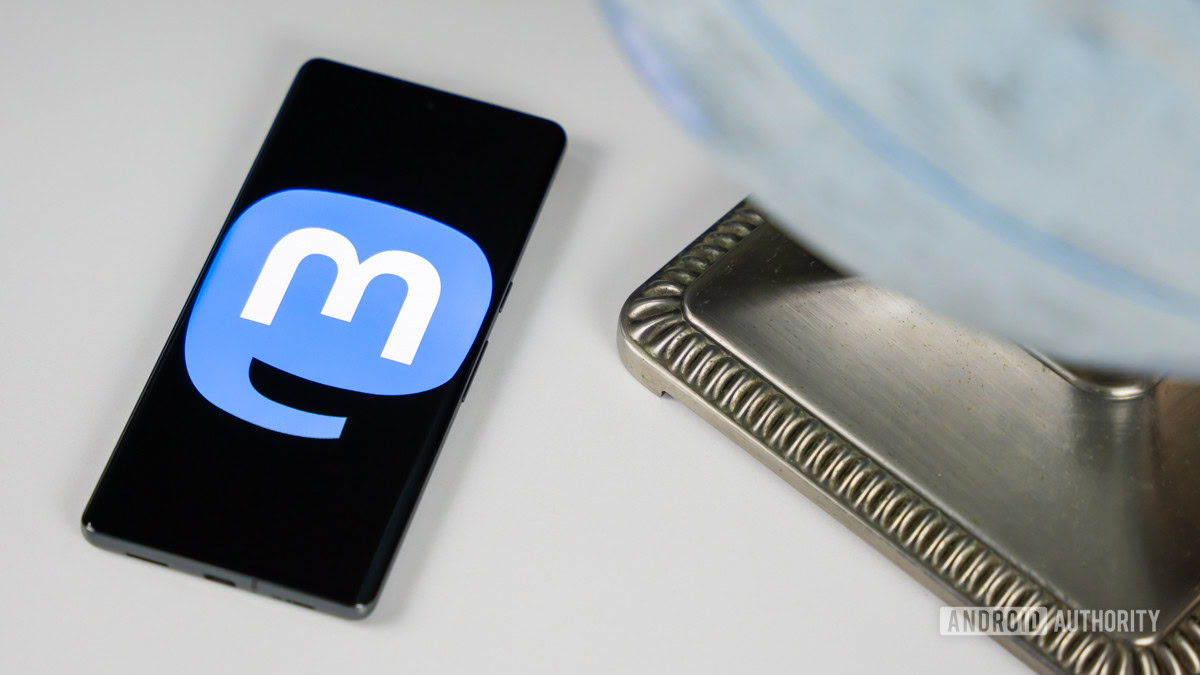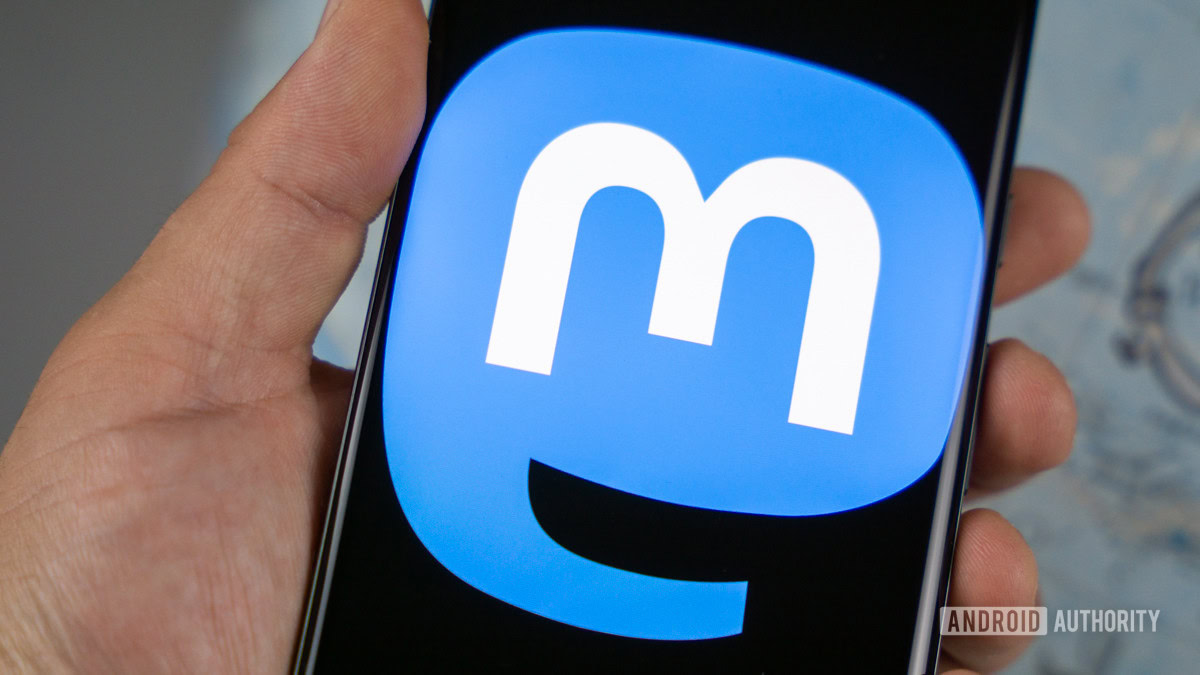Affiliate links on Android Authority may earn us a commission. Learn more.
What is Mastodon? The popular Twitter alternative
Published onNovember 8, 2022

Twitter is under new ownership after a $44 billion buyout by famous tech mogul Elon Musk. Needless to say, he has plans for the popular social network, and many believe it will change for the worse. Among the main concerns is that it may become a free-for-all platform full of abusers, as Musk has firmly stated he wants Twitter to be a free speech hub. All these changes, and Twitter’s uncertain future, have caused an exodus to the most popular Twitter alternative; Mastodon.
What is Mastodon?
First launched in 2016, Mastodon is a relatively new social network created by German coder Eugen Rochko. It is a microblogging service that offers many of the same features as Twitter. Instead of tweets, people post toots, but they are essentially the same concept. Toots are short posts with a default 500-character limit. But server admins can alter the code and change this limitation.
And that leads us straight to the main difference between Twitter and Mastodon. It’s open-source, free, ad-free, and decentralized. Having an open-source philosophy makes it possible for anyone to audit, edit, and fix the code. Using the platform also costs nothing, and there is no advertising. We’ll talk about the decentralized part in the next section.
Mastodon currently boasts over one million active users, according to Rochko. While it is growing in popularity, that number is still well below Twitter’s over 300 million daily active users.
How does the platform work

The network is divided into what are called “instances” or servers. These are all hosted by people or groups, and each server can create its own rules, change the code to provide different features, and control how the community works granularly. If you don’t like how one server operates, you can easily move to another.
Once you find and join your server of choice, the platform works much like Twitter. You get a feed with all your toots, and can easily create posts with hashtags, images, emojis, and more. Creating your profile is also very similar. You can edit your display name, type out a bio, change the header image, etc.
One main difference is that Mastodon organizes your feed in chronological order. All posts will be listed in the order they were published, leaving no decisions to an algorithm or corporation.
Who owns Mastodon?

Eugen Rochko created Mastodon, but he doesn’t exactly own it. The idea behind the project and its open-source nature is that no one owns Mastodon. Rochko has some control over some Mastodon servers, like the Mastodon.social one. But that’s only because he is an admin there. He actually has no say in Mastodon instances he is not involved in.
While this is a breath of fresh air for users who want a more decentralized experience, it also means you can’t complain to any central support entity. For example, if someone harrassed you, all you can do is talk to an instance’s admin. If the admin doesn’t help you, you’re on your own, or you can leave the server.
Do you need a server?

Yes, you’ll need to join or create a server to use Mastodon. The very concept of Mastodon’s open-source, decentralized philosophy depends on servers. That said, you don’t need to have your own server. There are plenty you can simply join. Go to Mastodon’s server list to check them out.
How do I join Mastodon?
While it was more complicated to join the network when it launched, in 2016, it’s more streamlined now. You can do it straight from the official Mastodon website, Android app, or iPhone application.
Additionally, we have put together a guide for getting started with Mastodon. Check it out if you need some guidance through the process.
FAQs
Yes. Mastodon costs nothing. There may be some server hosting charges if you decide to host your Mastodon instance, but Mastodon itself is free.
Mastodon has no ads. It also has no algorithm, and your data will never be sold to third parties.
By default, Mastodon toots have a 500-character limit. Server admins can change this limitation, though.
No. Mastodon is open-source and decentralized. The people control it. This means that, if you encounter any issues, all you can do is contact the server’s admin.